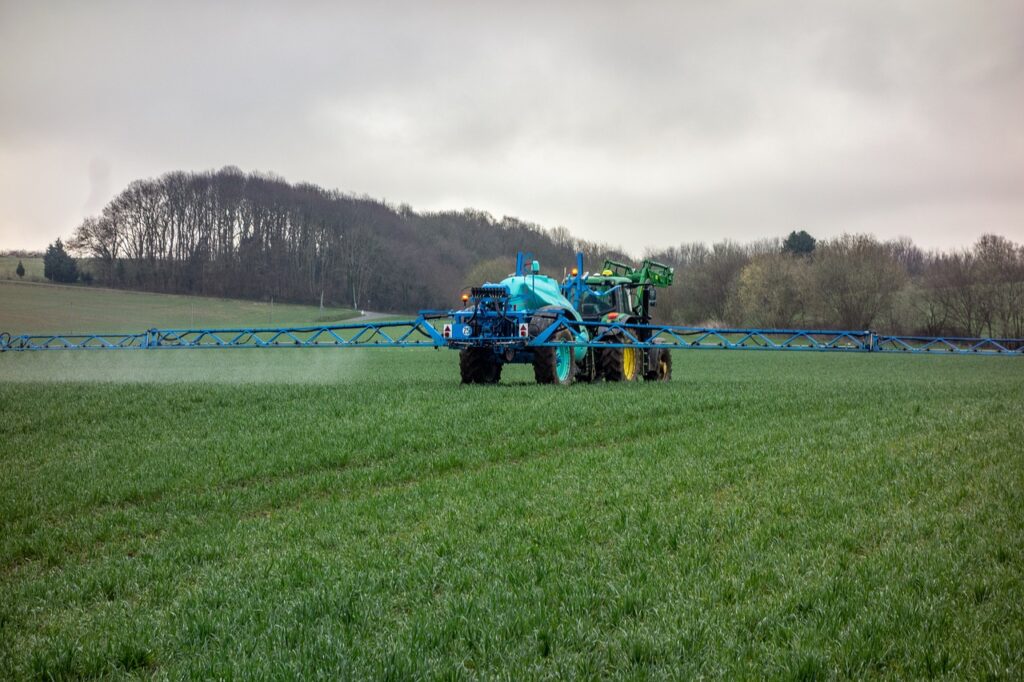Kenya Nut Company, based in Nairobi, is set to revolutionize fertilizer production by becoming the first farm globally to manufacture its sustainable fertilizer.
This pioneering endeavor is made possible through a 15-year off-take agreement with Talus Renewables, a climate tech startup headquartered in Austin, Texas. Under this agreement, Talus Renewables will provide Kenya Nut Co. with green ammonia through an on-site hydrogen-to-fertilizer facility.
Ammonia is a fundamental component in the creation of nitrogen-based fertilizers, a cornerstone of modern agriculture. The traditional process of ammonia production relies on extracting hydrogen from natural gas, an approach laden with carbon emissions. On average, every metric ton of “grey” or natural gas-based ammonia released into the atmosphere contributes to 1.9 metric tons of greenhouse gases. Talus Renewables, however, has developed an innovative method to counteract this carbon-intensive process.
Talus’s groundbreaking technology harnesses electricity from an in-house solar farm to convert hydrogen into fertilizer. In stark contrast to the conventional method, which relies on stripping hydrogen from natural gas, Talus’s approach derives hydrogen from water. This hydrogen then combines with atmospheric nitrogen to yield liquid ammonia, the elemental building block of commercial fertilizers. This ingenious shift in production dramatically reduces the carbon footprint associated with ammonia manufacture.
Moreover, it presents a sustainable alternative for ammonia production that is cost-competitive. Talus’s CEO, Hiro Iwanaga, emphasizes that the typical bag of fertilizer in sub-Saharan Africa embarks on a journey of 10,000 kilometers, incurring significant costs and carbon emissions along the way. The transition to locally produced ammonia serves to slash the carbon impact of the ammonia industry, streamlining operations and saving money for farmers, particularly small-scale subsistence farmers in the Global South who often bear the brunt of expensive supply chain disruptions. It is vital for addressing food insecurity in developing nations to maintain a consistent supply of essential agricultural inputs, such as fertilizer.
Beyond sustainability and cost-efficiency, Talus’s technology offers the promise of energy independence. Historically, the West has been reliant on ammonia supplies from regions led by authoritarian regimes like Russia, the world’s second-largest ammonia producer. Sanctions and geopolitical conflicts have recently disrupted the global fertilizer supply chain, leading to skyrocketing prices. Localized ammonia production mitigates these vulnerabilities, ensuring a reliable and uninterrupted supply of this vital agricultural resource.
Talus Renewables has ambitious plans for expansion, targeting several locations across Africa and the United States. The company is also collaborating with Landus, a farming cooperative based in Iowa, to introduce clean ammonia to the state. Moreover, Talus is partnering with mining firms that seek to employ clean ammonia for their blasting operations. Currently, the startup is actively raising funds to secure further financing, with plans for a more extensive funding round in 2024.
Globally, the ammonia industry accounts for approximately 2% of all CO2 emissions, rivaling the carbon footprint of the commercial aviation sector. As a crucial component of both agriculture and various industrial applications, ammonia plays a central role in meeting global food requirements. Talus Renewables offers a sustainable, cost-effective alternative to ammonia production, promising to benefit farmers financially and help the agricultural industry reduce its carbon emissions.
The collaboration between Kenya Nut Company and Talus Renewables heralds a significant leap towards greener and more sustainable agriculture practices, setting a commendable example for the global farming community to follow.





